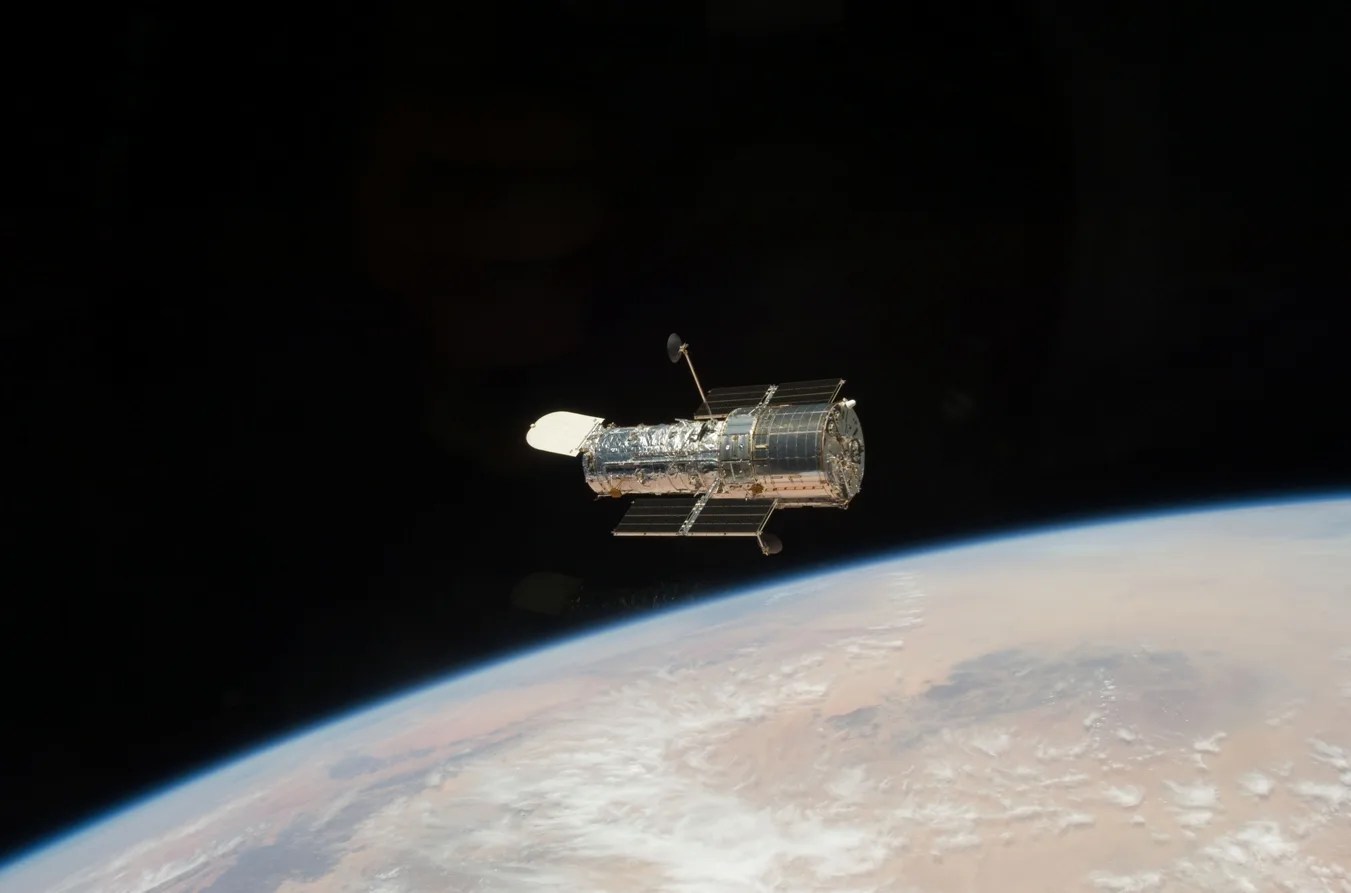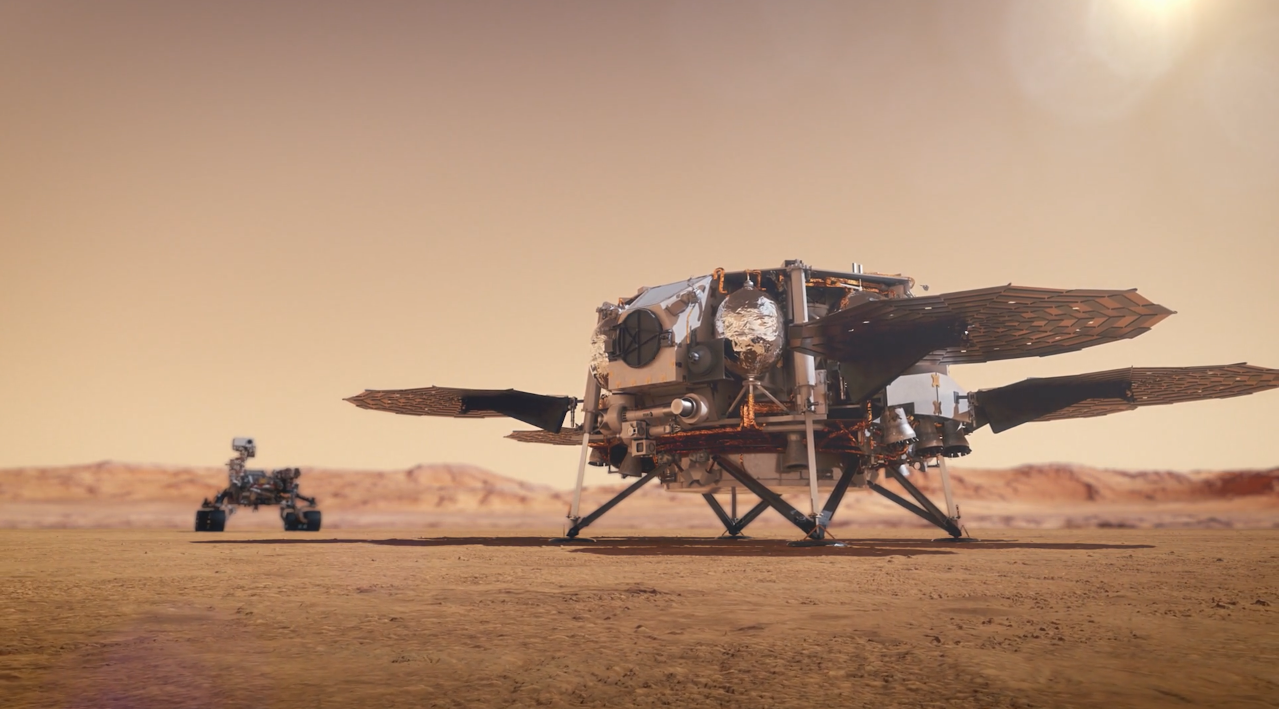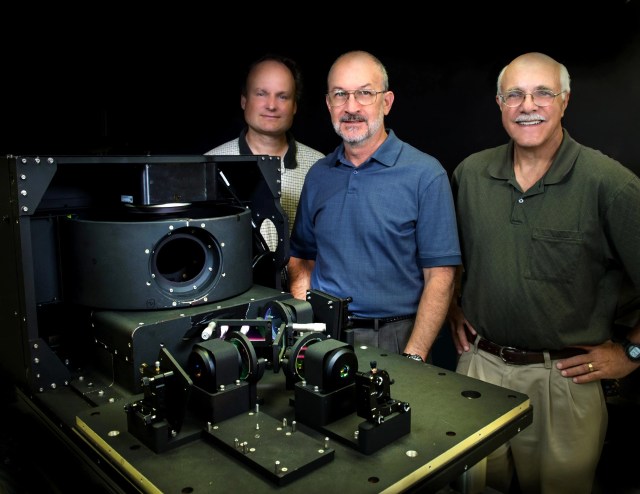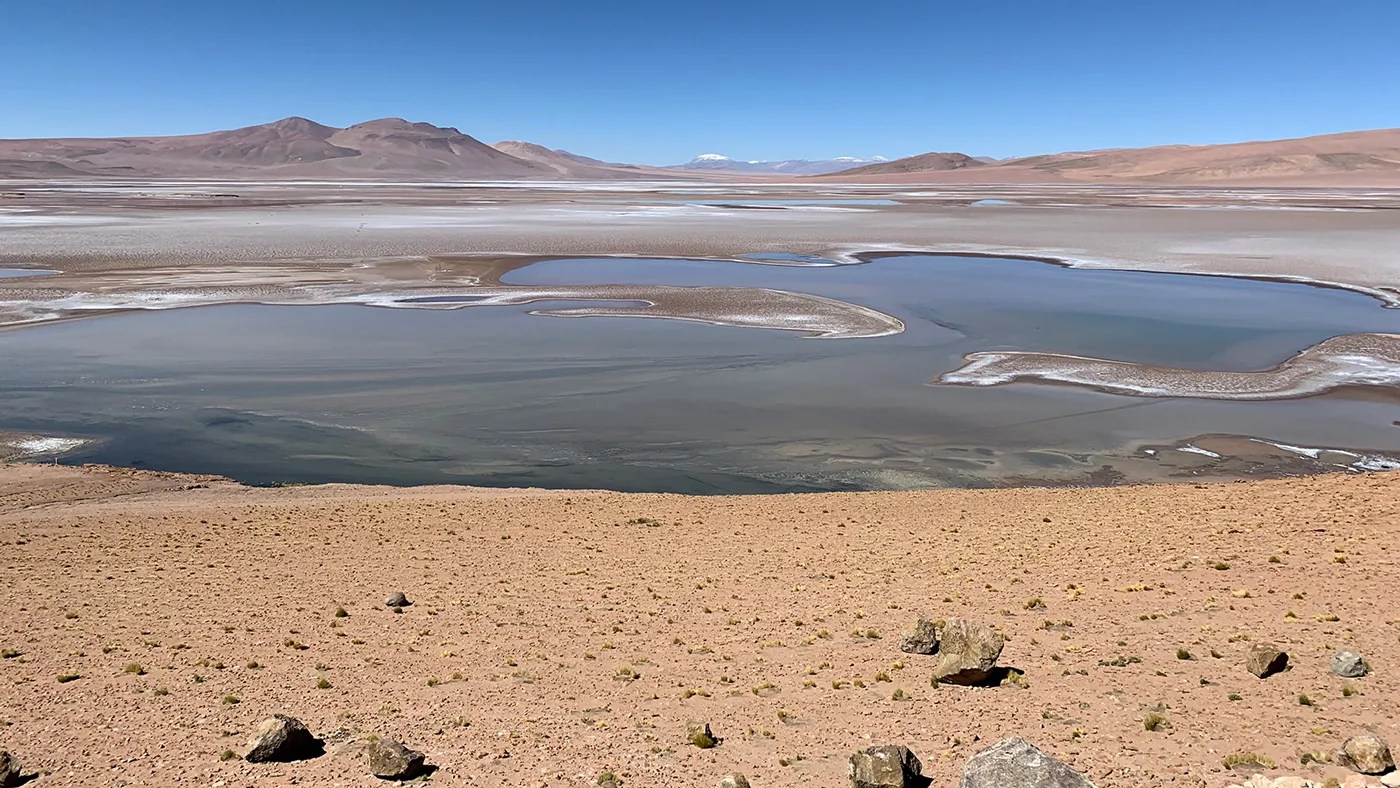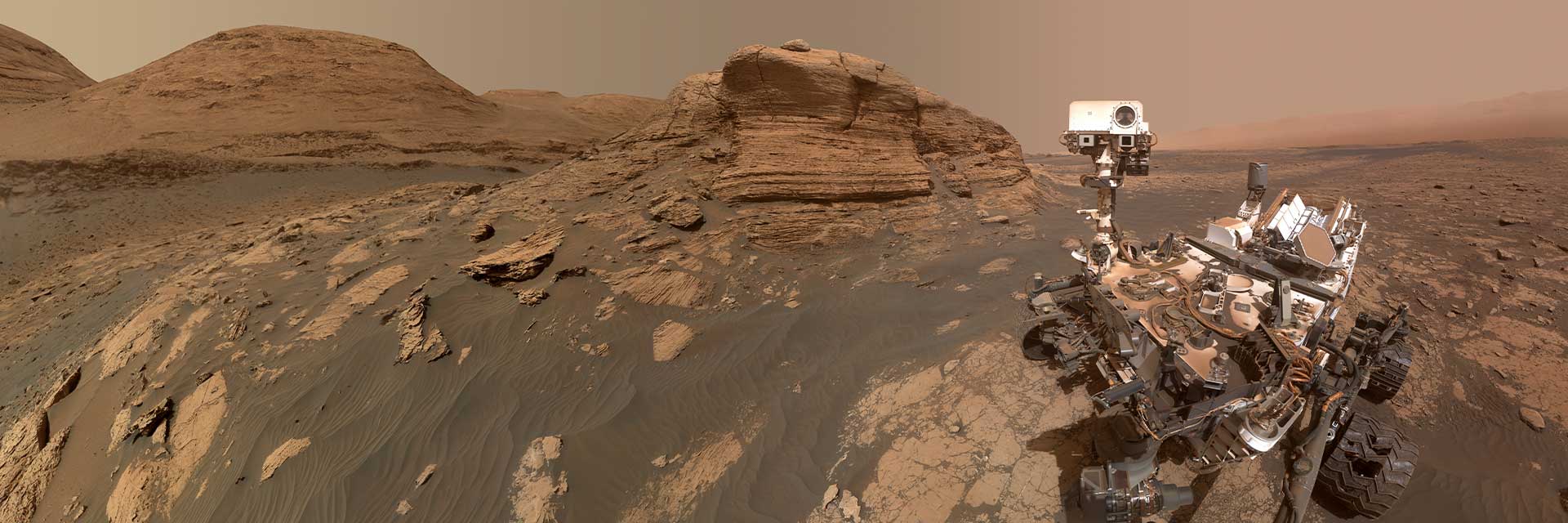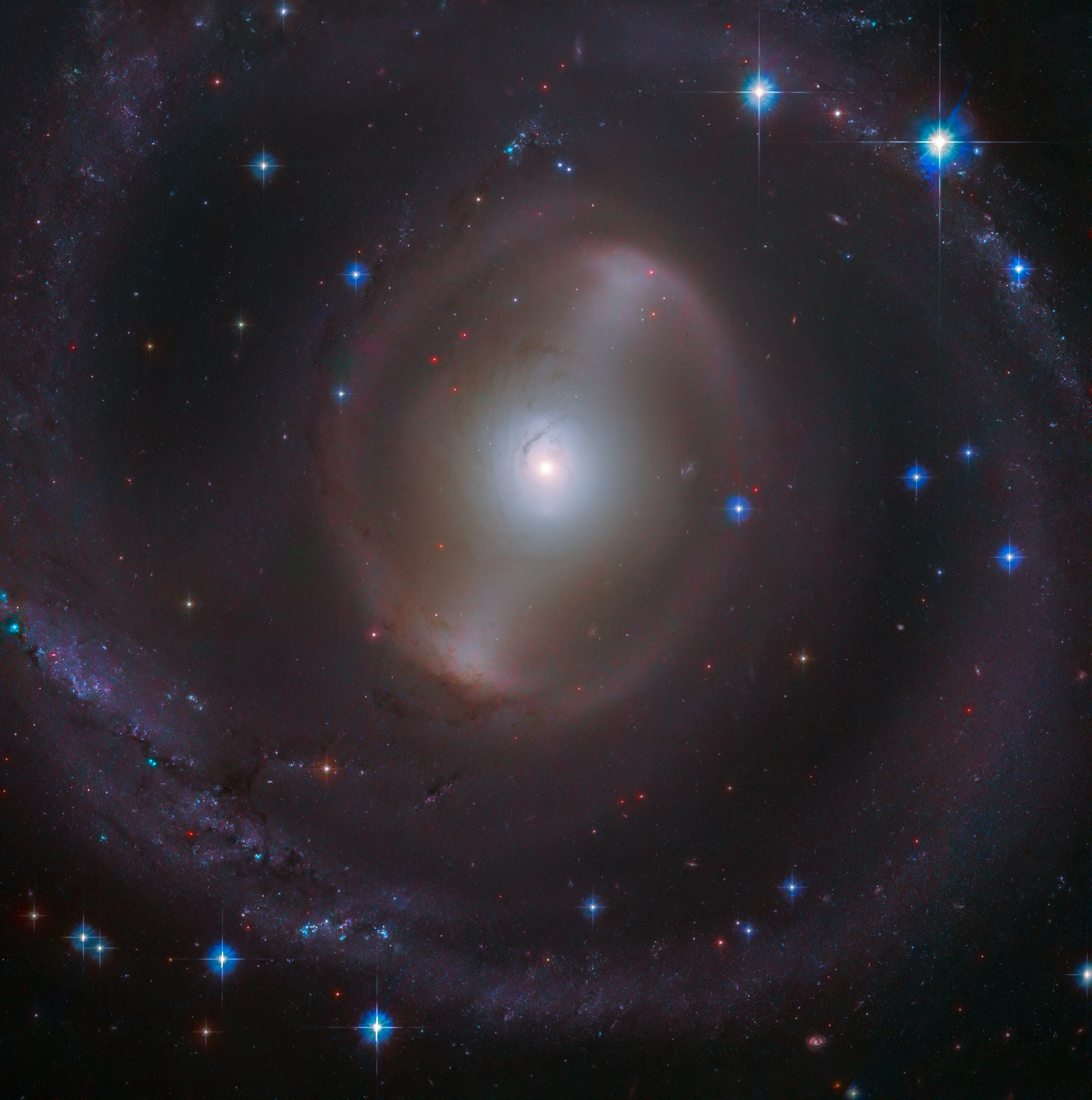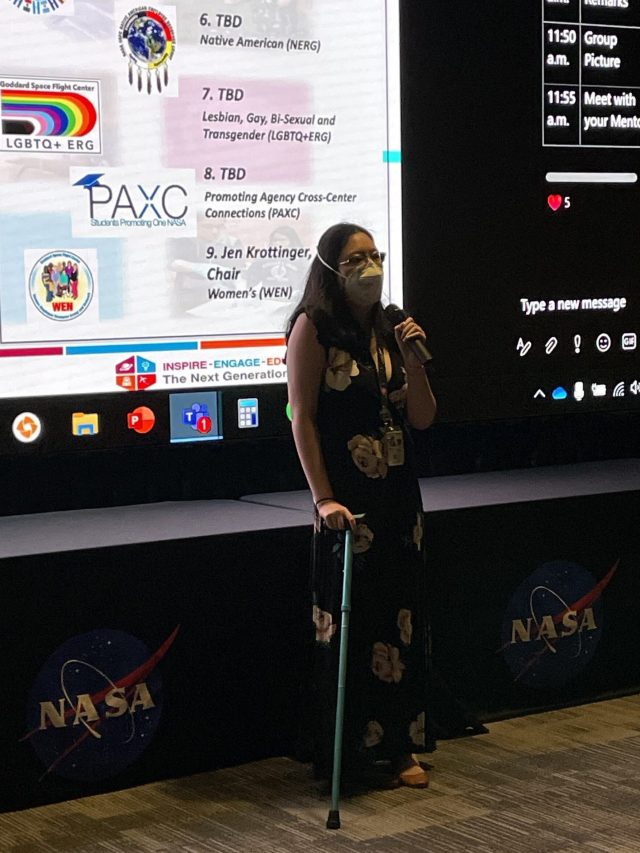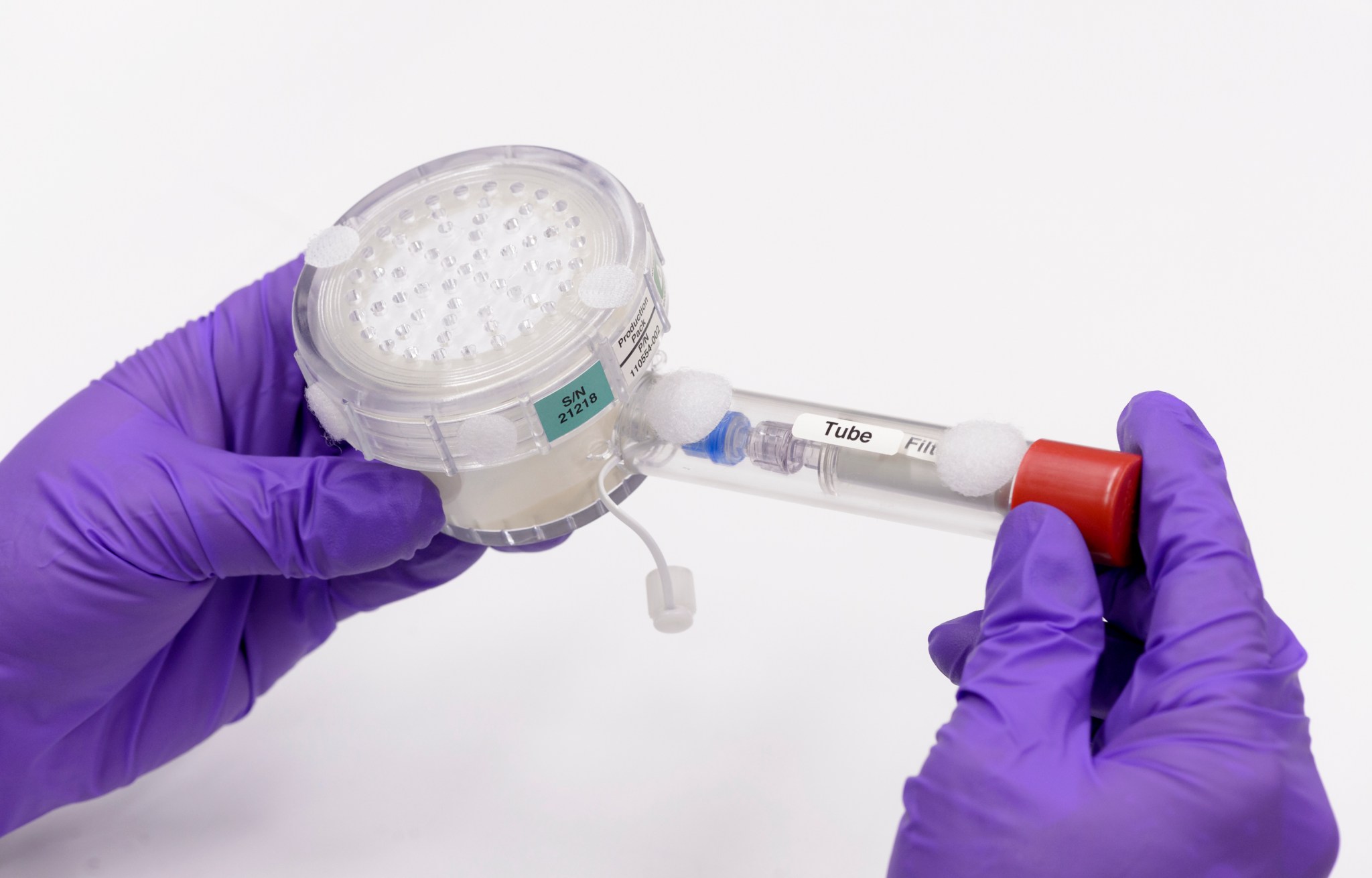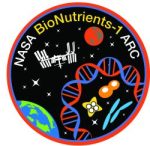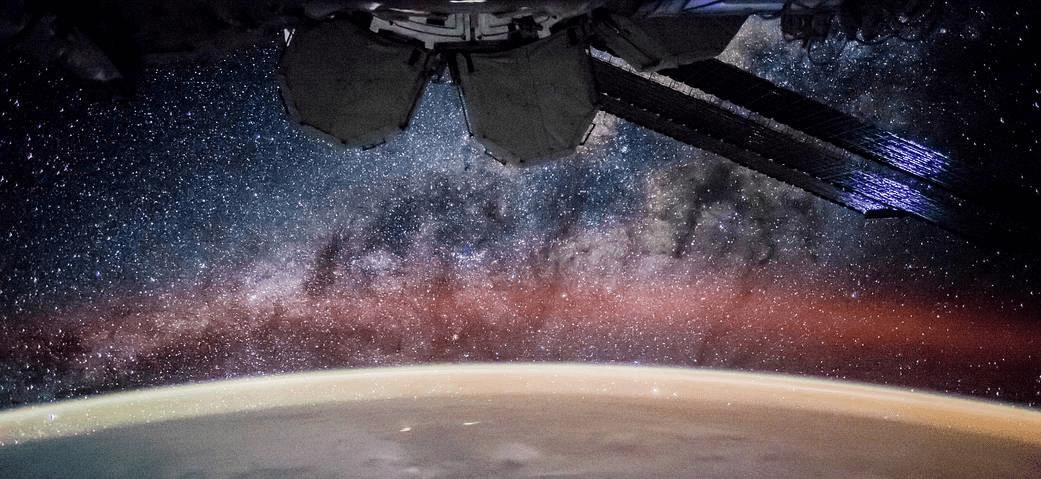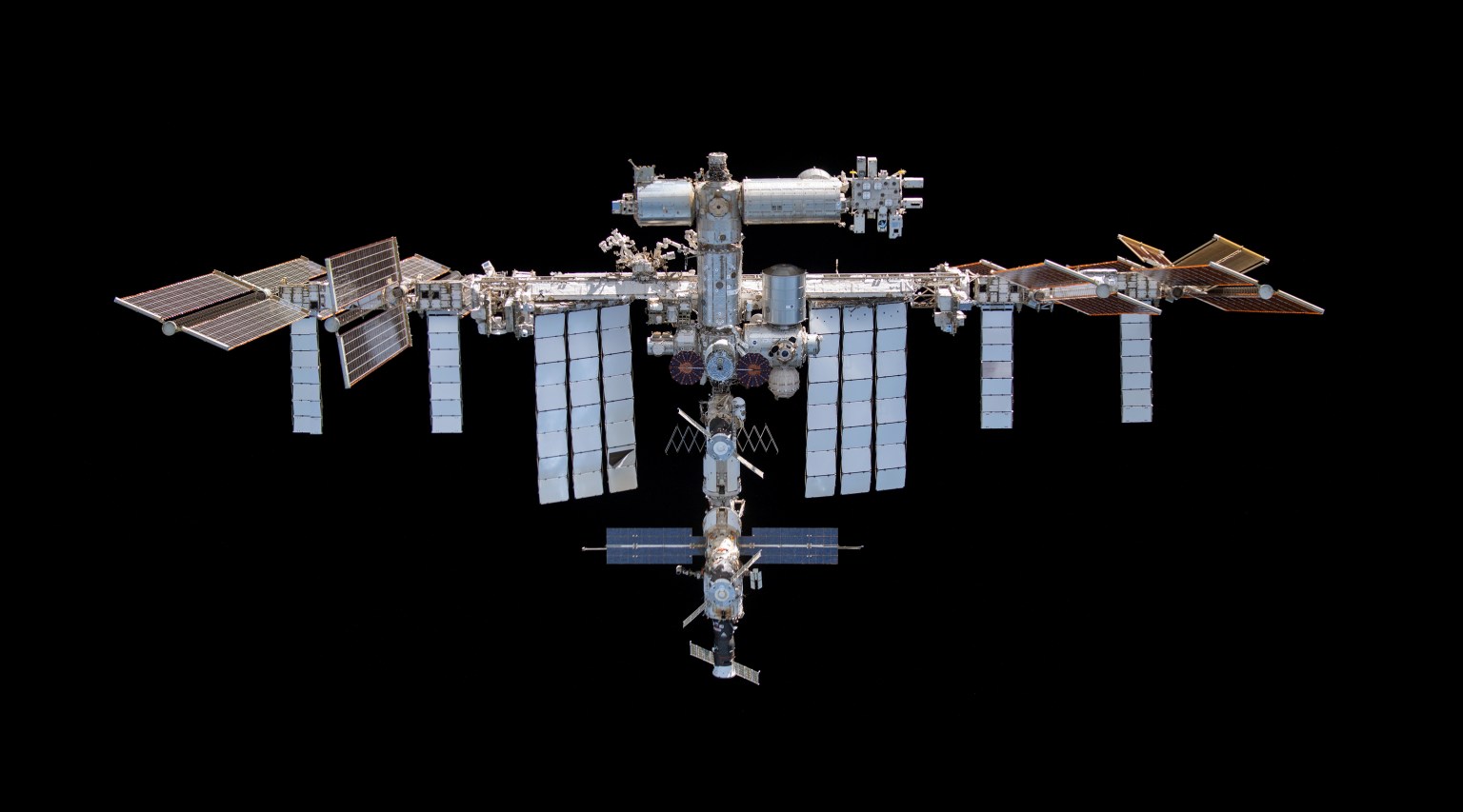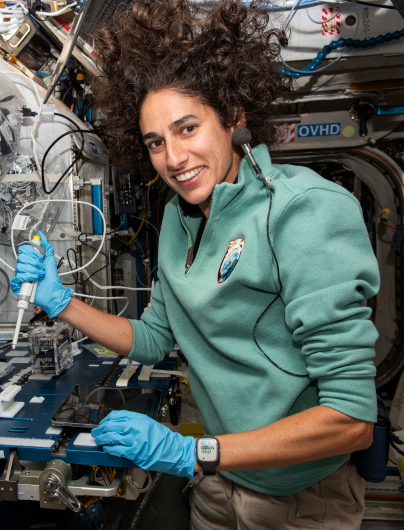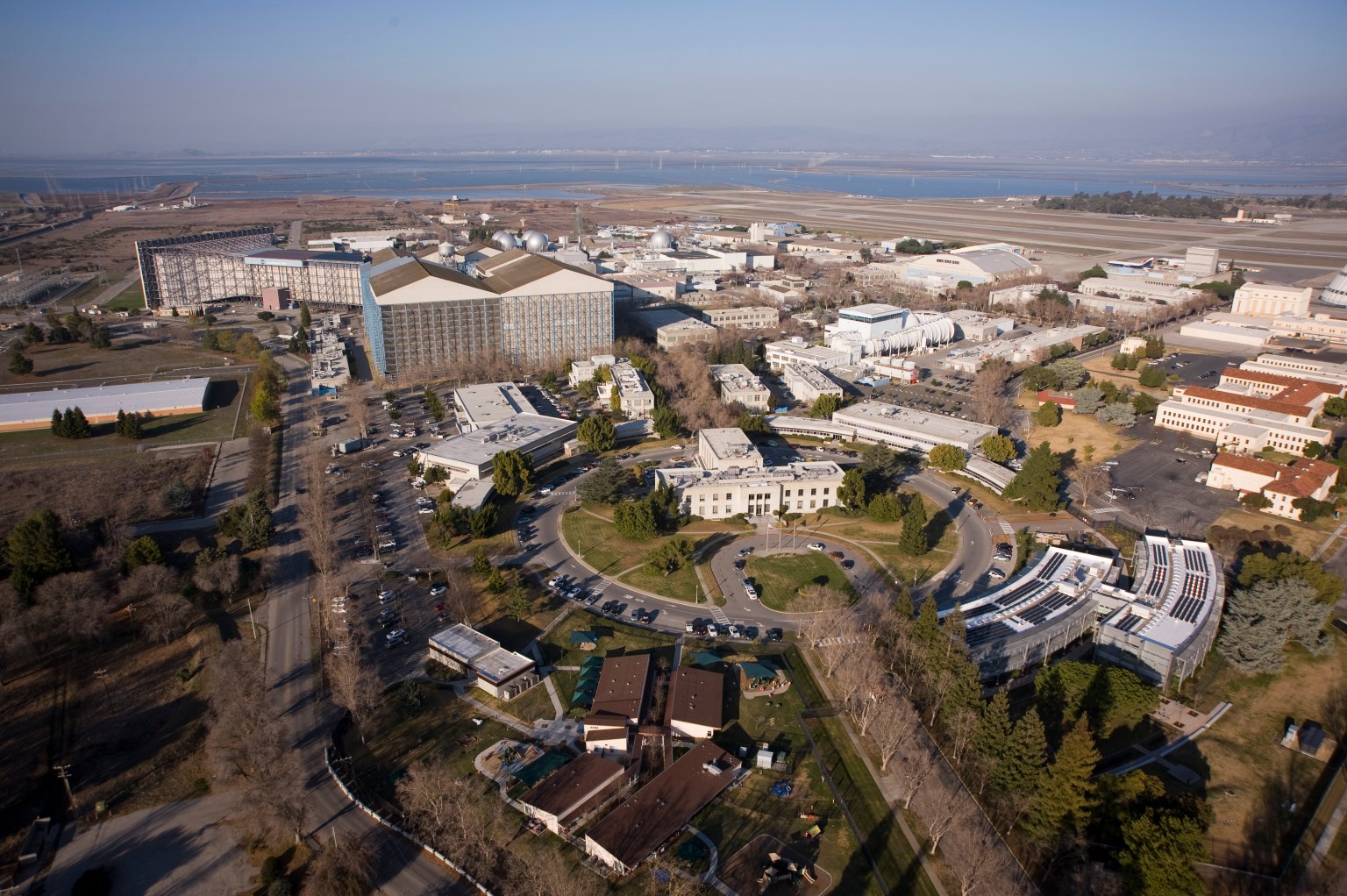Bionutrients
The BioNutrients system uses a small storage pack containing a dried, edible growth substrate and microorganisms genetically engineered to rapidly produce controlled quantities of essential nutrients. Because the growth substrate and microorganisms both have a long shelf-life at room temperature and they only need water to be activated, the system provides a simple, practical way to produce essential nutrients on-demand. The investigation consists of two parts. The first part of the experiment uses packs containing a common food microorganism, Saccharomyces cerevisiae, more commonly known as baker’s yeast, that has been genetically engineered to produce zeaxanthin, which is an antioxidant crucial to eye health, or beta-carotene, which is a precursor to vitamin A. The experimental packs are activated by adding water, which allows the yeast to grow on the substrate and produce the nutrients. The packs are then frozen and sent back down to Earth for analysis. For the second part of the experiment, a wide range of other specially-prepared biomanufacturing and probiotic microorganisms are stored at ambient temperature on the International Space Station. Samples are returned to Earth at different time points over the course of the five years to assess how well the various organisms function after prolonged storage.
The BioNutrients-1 mission is a 5-year spaceflight experiment that demonstrates technology using engineered microbes to produce necessary human nutrients on-demand. One of the many obstacles to long-duration spaceflight missions is the difficulty of providing astronauts with all the nutrients they need for the entire duration of the mission. Currently, astronauts get all their nutrients from eating stored foods and supplements, but some essential nutrients such as vitamins B1 and C have been shown to degrade significantly over time. One method of addressing this issue is to produce these problematic nutrients when needed during the mission. BioNutrients-1 will be the first test in space of a technology capable of meeting that need. The mission launched on NG-11 to the International Space Station in April 2019.
While the BioNutrients-1 technology is designed to produce nutrients to supplement the crew diet during long-duration space missions, similar problems with food storage can exist here on Earth. Results from this investigation may help to develop systems that generate nutrients to keep people healthy. Results from BioNutrients will also provide insight into production other important biomolecules in space for future applications.
Principal Investigator: Frances Donovan, Ph.D., NASA Ames Research Center
Payload Manager: Julie Levri, NASA Ames Research Center
Author: Christina L. Cheung
For more information, see the Space Station Research Explorer for the Bionutrients-1 mission.


